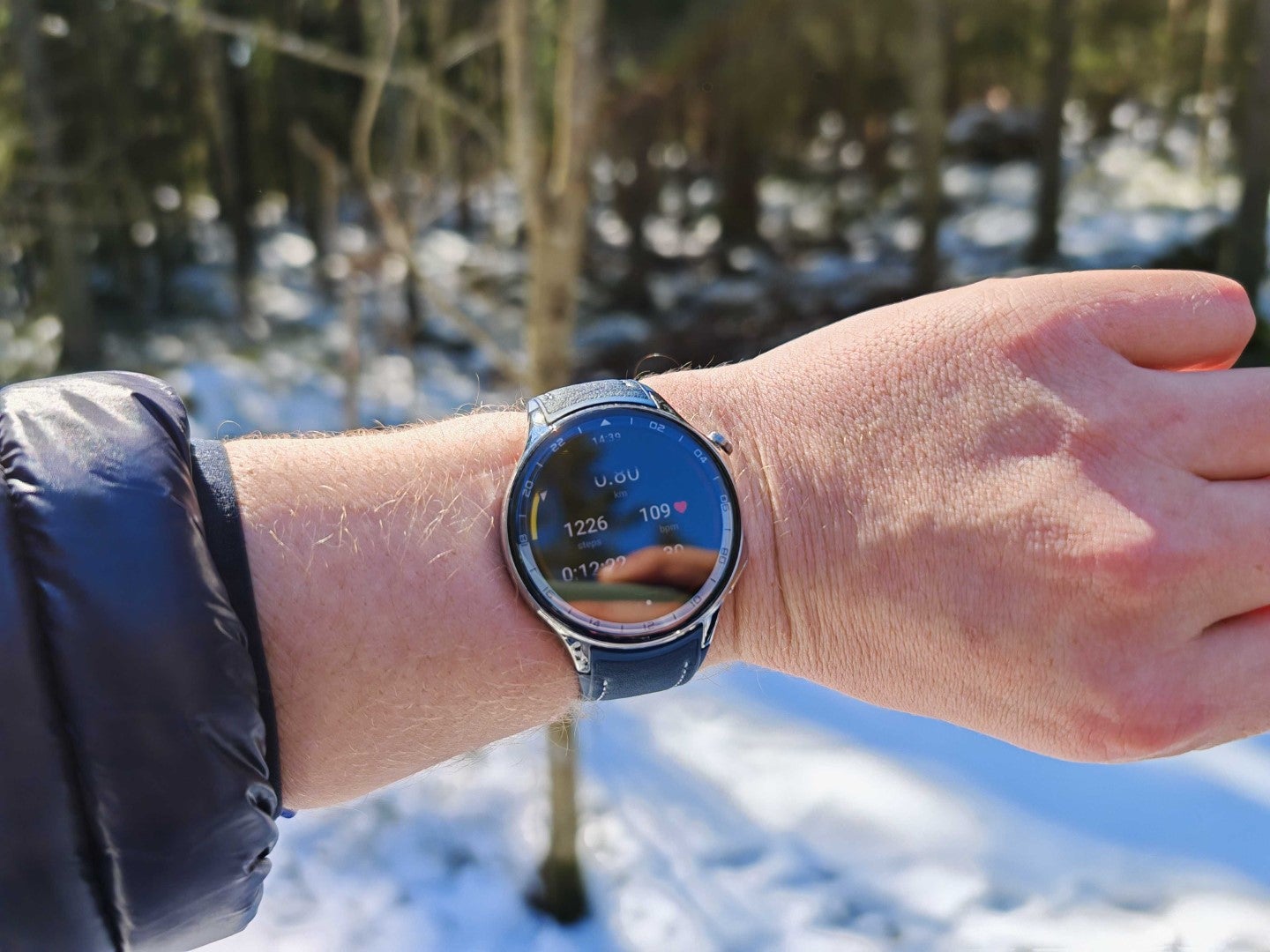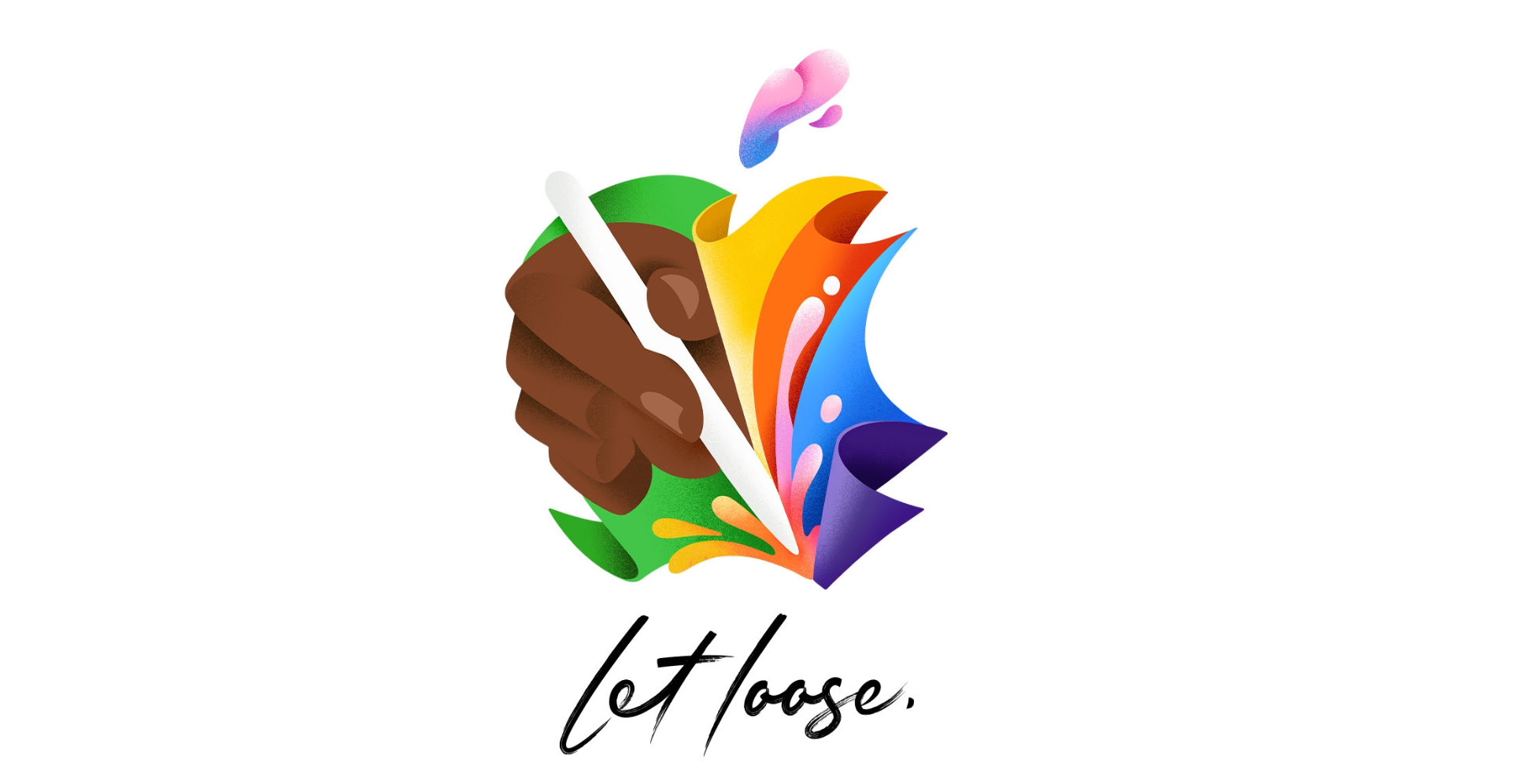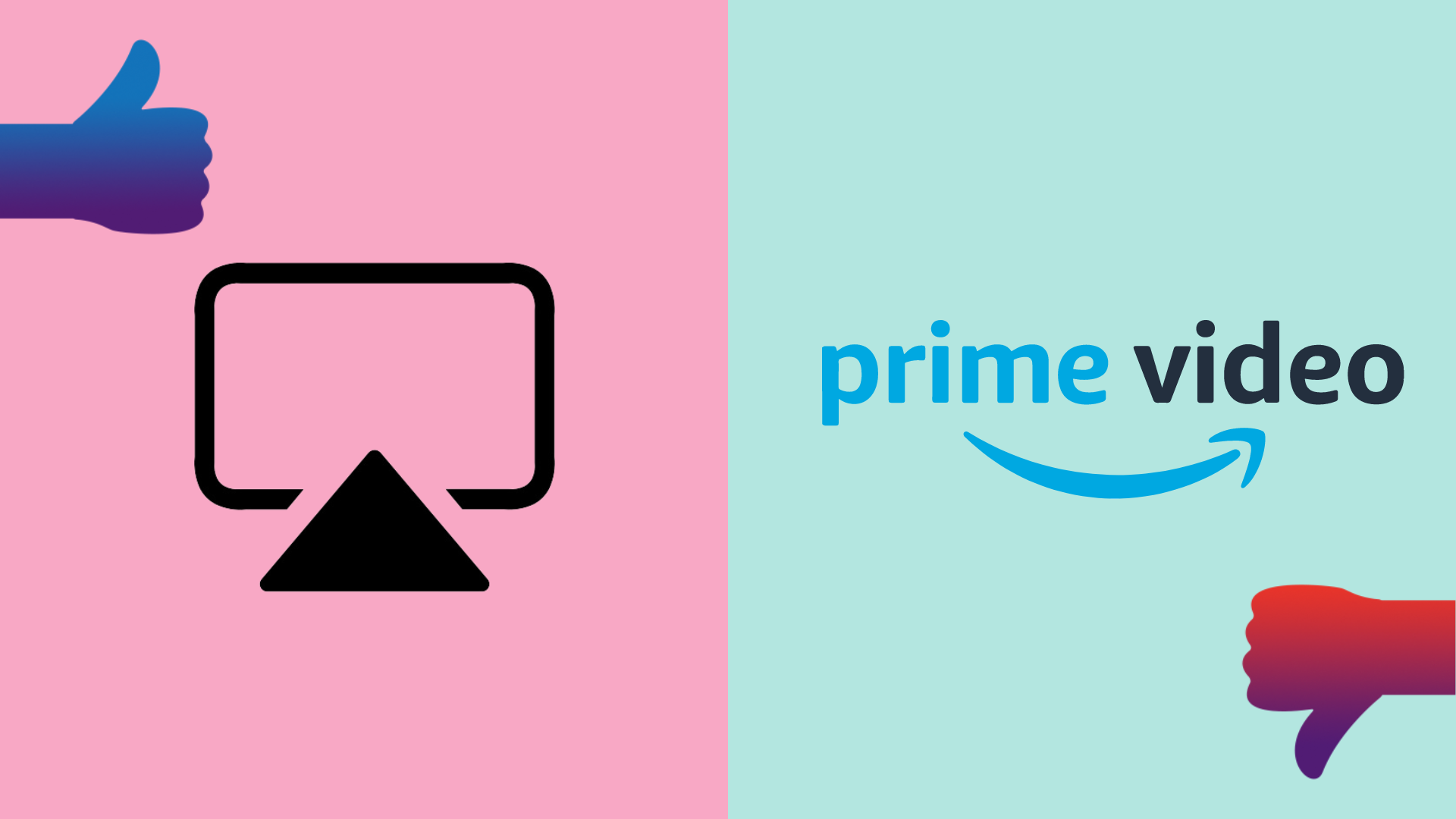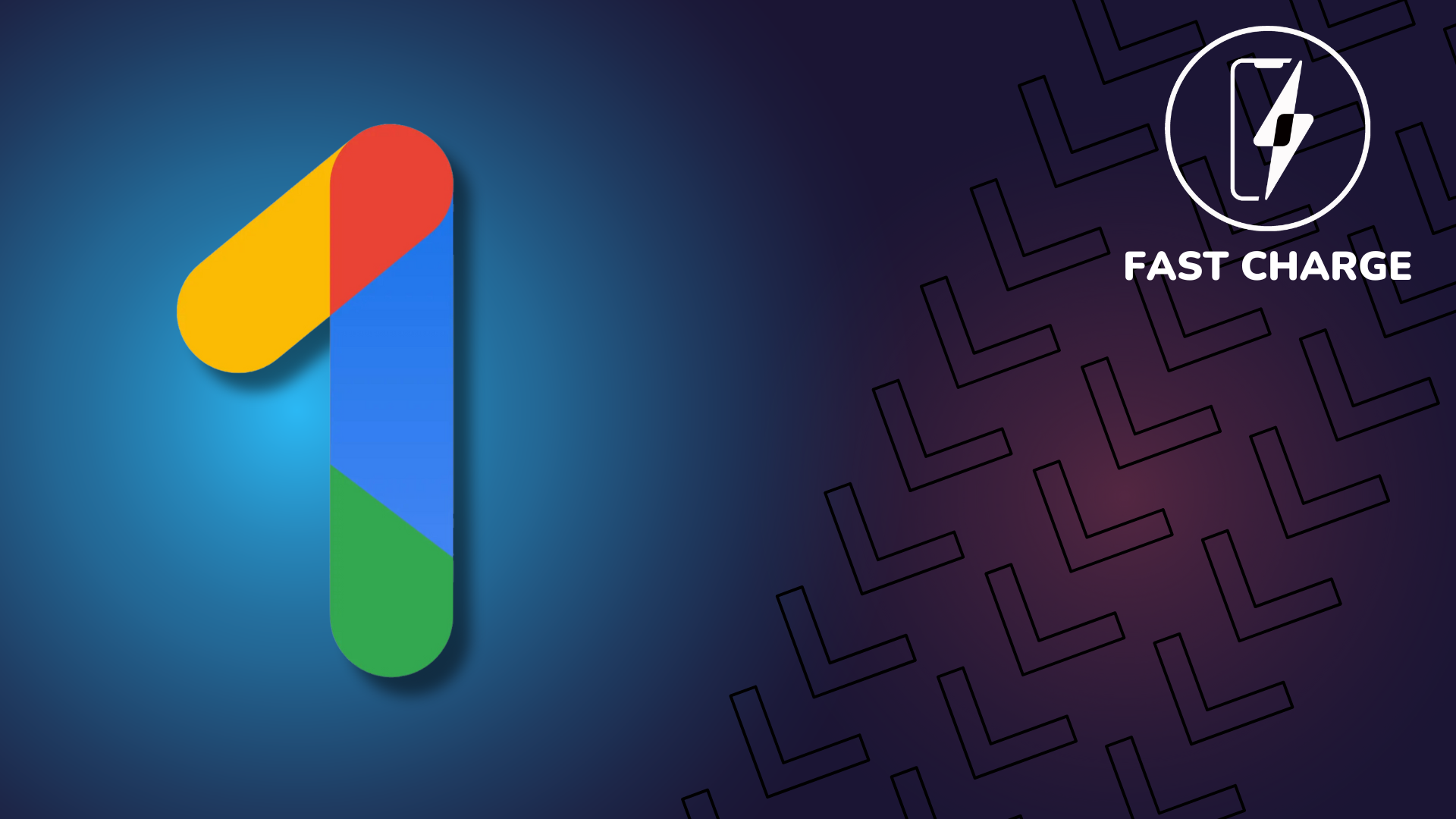Fast Charge: The Pixel 3’s software snub shows that Google is still playing catch-up to Apple
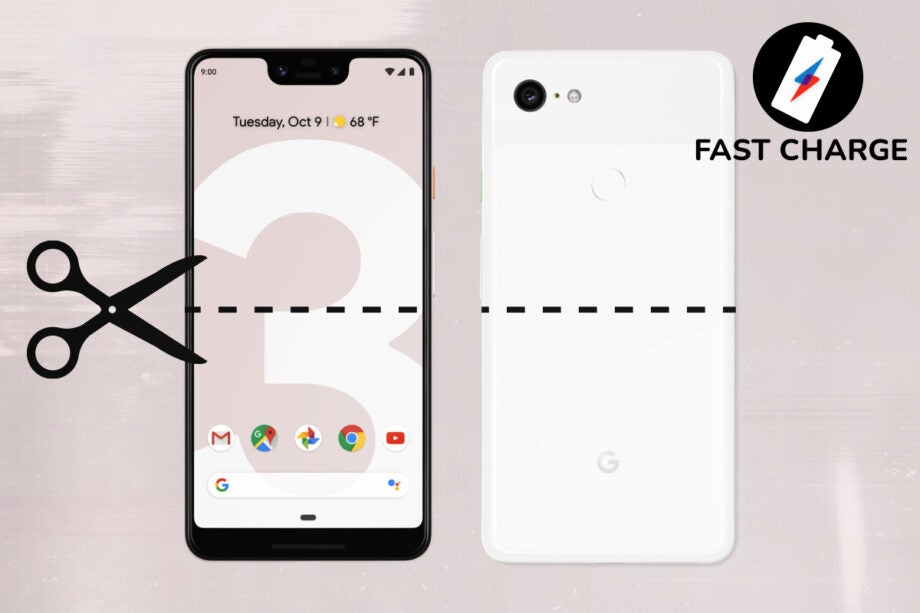
OPINION: The discontinuation of Android updates for the Pixel 3 smartphone just goes to show that Apple is still unsurpassed when it comes to software support.
This week there was some unpleasant news for anyone who owned a Pixel 3 smartphone. Google announced that it would bring an end to all of its software support for the device, including security updates, so it will no longer remain up to date or even safe from potential threats.
After just three years of ownership, Pixel 3 owners have been left out in the cold.
Google’s response seemed to show no contrition at all: “We find that three years of security and OS updates still provides users with a great experience for their device.”
There are few other products of such integral importance to our daily lives where it could possibly be deemed acceptable to let the manufacturer abandon them just a few years after the sale. Could we really buy a car that couldn’t pass an MOT a few years down the line, for instance? Yet here is one of the world’s premier tech companies leaving a signature product vulnerable to cyberthreats, while the hardware is still perfectly usable. More than usable in fact, it’s inconceivable that the processor, RAM, and the battery is not capable of supporting further updates.
I can guess at a few reasons for Google’s policy, though none are particularly good. Most of all it’s likely borne out of consumers’ lack of awareness of the need for such software updates. Then there’s the issue that software is not a physical product and does always show obvious and evident decay, so its easy to put out of your mind. Then there’s an undeniable fact that people still continue to buy phones knowing that software updates will run dry after a few years. But these seem to me more like excuses rather than reasons, and I’d like Google to be more ambitious than this for the sake of its customer base.
Having introduced the Pixel line of phones to showcase the best of what Android has to offer, this inevitably invites comparison to the one major rival, Apple, and it’s not a flattering one for Google.
The iPhone 6s, released all the way back in 2015, has been updated to the latest iOS 15 software, as has every other handset since that one. All of these older devices receive the same security status as the one you just spent over £1000 on last week. When you buy an iPhone, that means you can rest assured that your device will run the newest software for years into the future, which should be a very reassuring feeling for any potential consumer, and has surely swayed some away from buying an Android product.
While Google’s software is very good and seems to only be getting better, at least based on our experience with the wonderful Pixel 6 series’ handy new features and design, the idea to add longevity to its devices is not only a way of closing the gap between itself and market-leaders Apple, but it’s simply the right thing to do. Nobody should be compelled to buy a new smartphone every three years just in order to stay secure.


